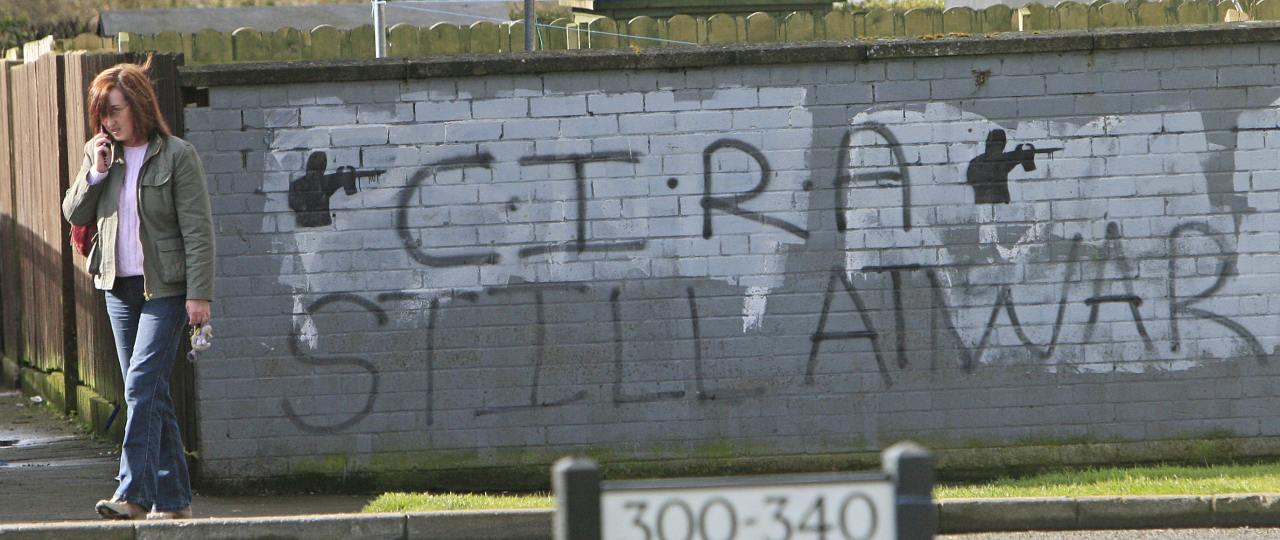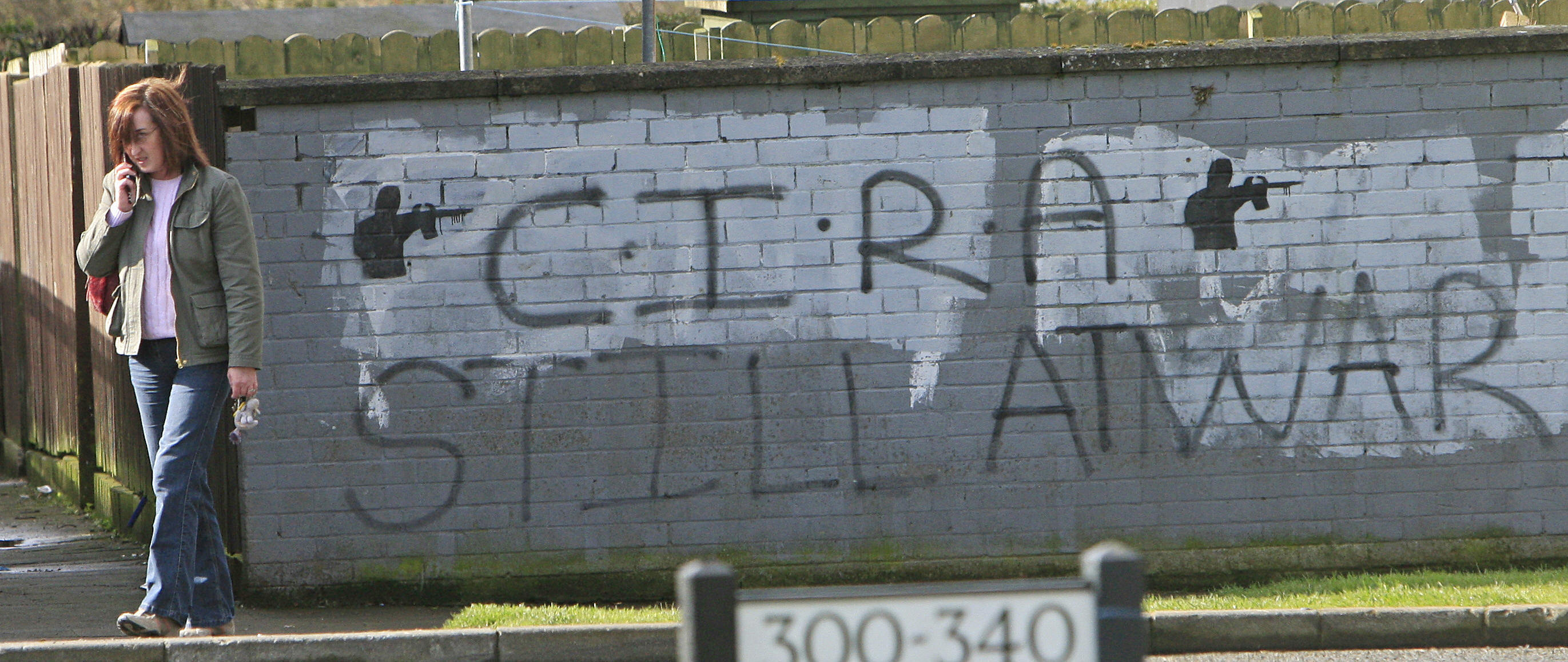 Media coverage of the dissident Republican groups has focused on the question of how much support they have. But, as Martyn Frampton pointed out on The Today Programme this morning, a terrorist organisation doesn’t actually need that many people to cause serious disruption because the odds are loaded in their favour. As the IRA, who did not have that much support in the 1980s, said after the Brighton bomb, “Today we were unlucky, but we remember we only have to be lucky once. You will have to be lucky always.”
Media coverage of the dissident Republican groups has focused on the question of how much support they have. But, as Martyn Frampton pointed out on The Today Programme this morning, a terrorist organisation doesn’t actually need that many people to cause serious disruption because the odds are loaded in their favour. As the IRA, who did not have that much support in the 1980s, said after the Brighton bomb, “Today we were unlucky, but we remember we only have to be lucky once. You will have to be lucky always.”
The dissidents might be in small number but there have carried out a hundred plus incidents—bombs, foiled attacks and shootings—since the Belfast agreement. The threat they pose has also been heightened by the fact, as The Times makes clear this morning, that the British state is now far less well-prepared to counter the terrorists.
P.S. If you want to understand the background to all this, the contradictions within Sinn Fein’s position and the divisions within Republicanism, I’d thoroughly recommend Martyn’s The Long March: The political strategy of Sinn Fein, 1981—2007.








Comments